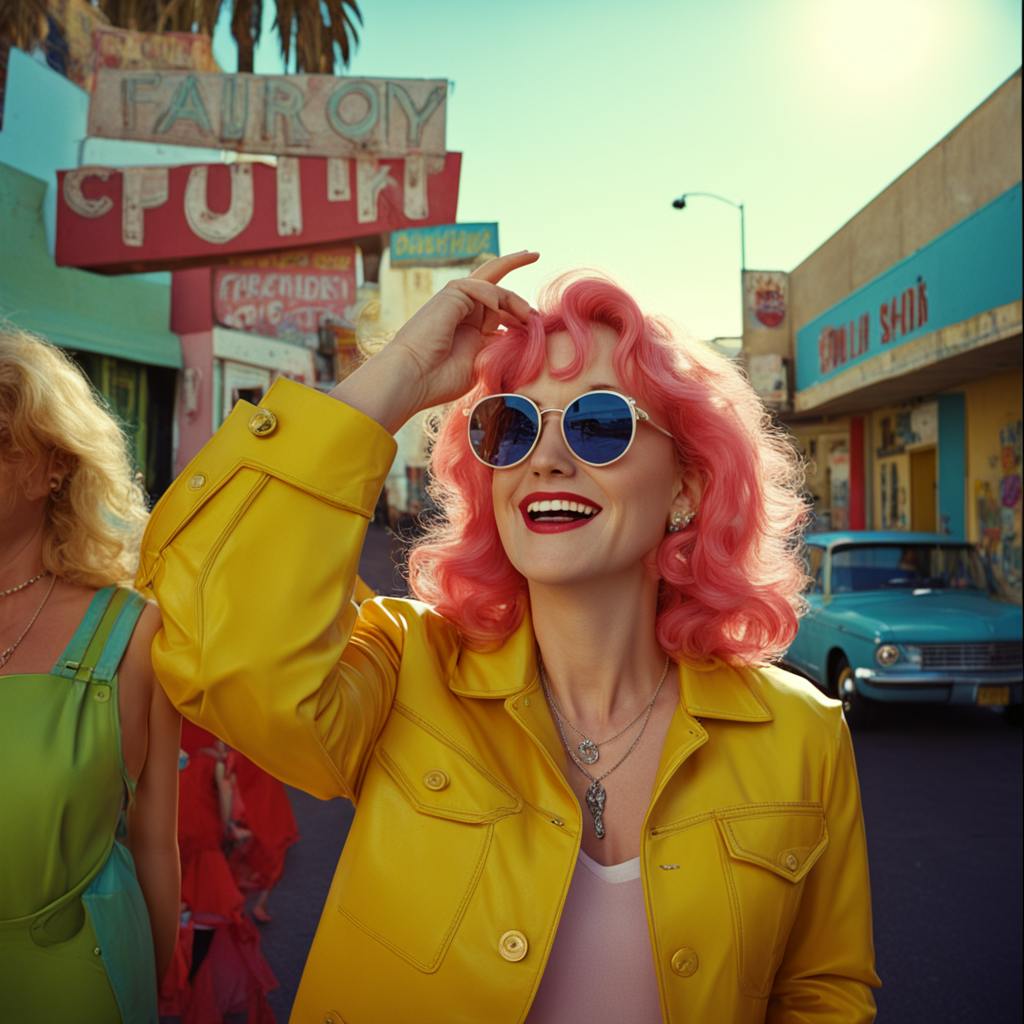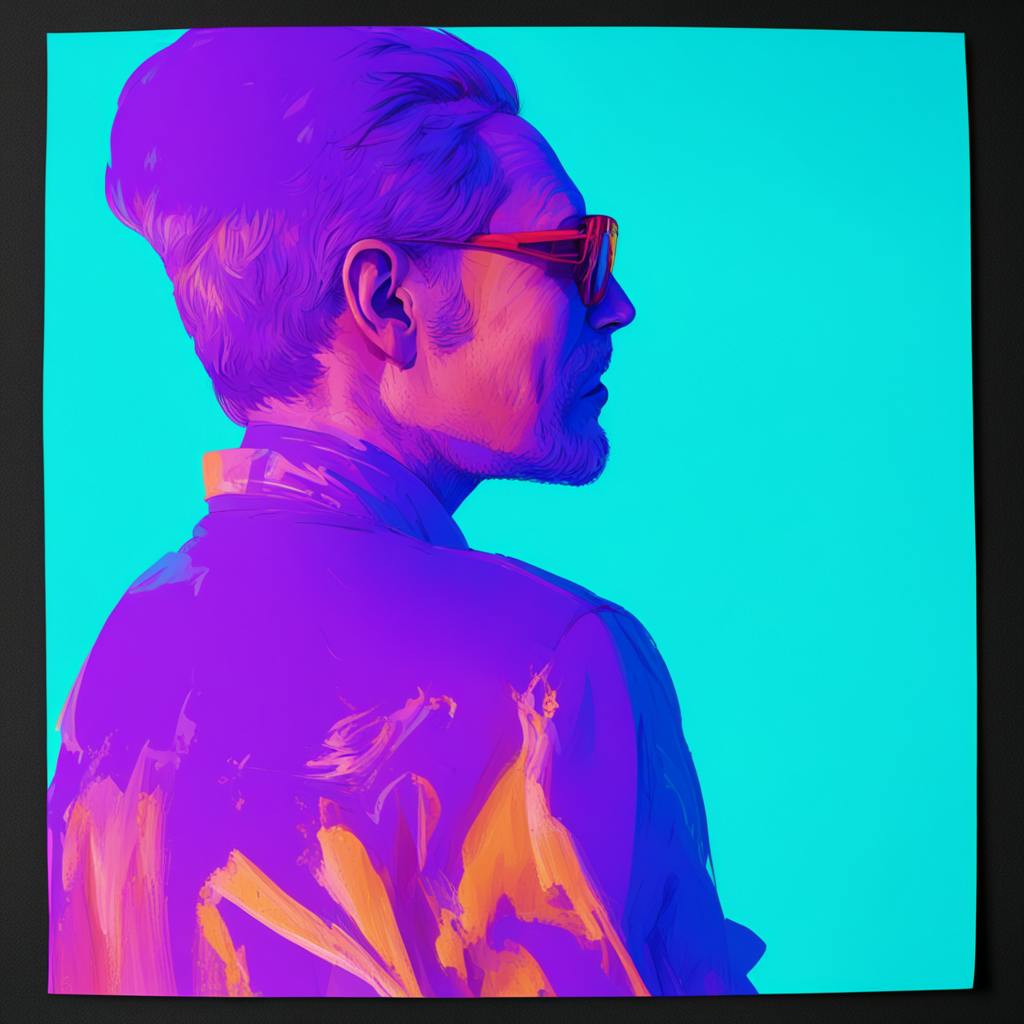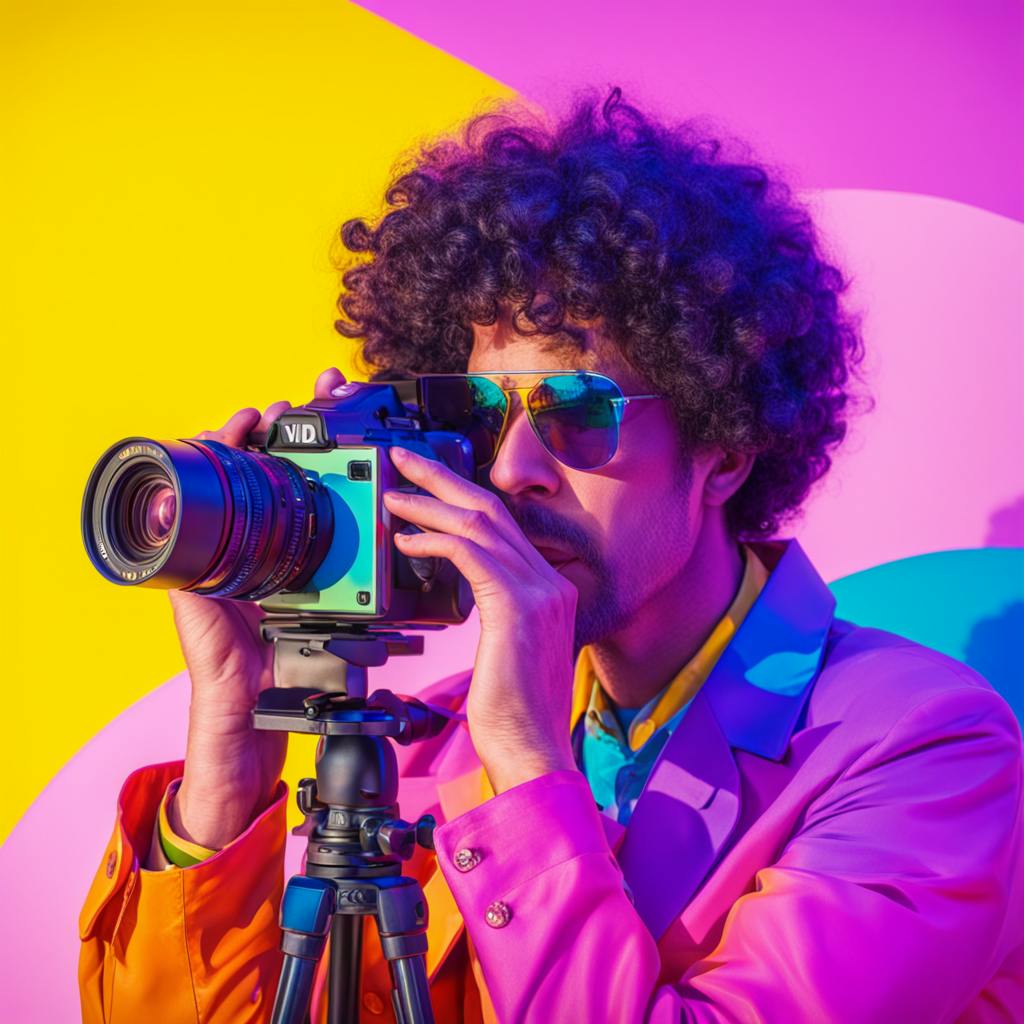In recent years, AI in the film industry has emerged as a transformative force, redefining creativity and reshaping the landscape of the creative industries. From streamlining production processes to providing novel storytelling tools, artificial intelligence is carving new pathways for filmmakers worldwide. The film industry, traditionally driven by artistic visionary pursuits, is now witnessing an unprecedented surge in AI-driven innovations, presenting both exciting opportunities and meaningful challenges.
Revolutionizing Film Production with AI
AI-Driven Efficiency: One of the most significant impacts of AI in the film industry lies in enhanced efficiency and cost reduction. AI-powered software can analyze scripts to provide budgeting and scheduling predictions, helping producers allocate resources more effectively. This technology minimizes the lengthy pre-production phase by speeding up decision-making processes, allowing filmmakers to dedicate more time to creative endeavors.
Enhanced Special Effects: AI plays a pivotal role in the advancement of visual effects, making it possible to create seamless, realistic scenes at a fraction of the traditional cost. Machine learning algorithms can now generate virtual environments and characters with astonishing detail, pushing the boundaries of visual creativity. AI technologies are even being used to de-age actors or recreate historical figures, expanding the creative possibilities within storytelling.
Crafting Stories with AI
Scriptwriting Assistance: AI models are also venturing into scriptwriting, assisting writers by offering plot suggestions, dialogue options, and character development ideas. While the human touch remains invaluable, AI can act as a creative collaborator, providing fresh perspectives and innovative ideas. This helps screenwriters avoid clichés and writer’s block, enhancing the overall narrative quality.
Audience Analysis and Personalized Content: The utilization of AI extends beyond production into marketing and audience analysis. AI tools can evaluate audience preferences and behavioral patterns, allowing filmmakers to tailor content that resonates more effectively with specific demographics. This data-driven approach fosters a more personalized viewing experience, nurturing a deeper connection between the audience and the film.

AI made with Henry
Navigating Ethical and Creative Challenges
As AI becomes increasingly integrated into the film industry, it inevitably raises questions about creativity, originality, and ethical implications. Critics argue that over-reliance on AI tools might stifle human creativity, leading to homogenized narratives. There is also concern about the ownership of AI-generated content and the potential for bias in AI algorithms, which might selectively perpetuate stereotypes or exclude minority voices.
Balancing technology with human creativity is crucial to address these concerns. Ensuring that AI acts as a complement rather than a replacement to human creativity will maximize its benefits while preserving the essence of filmmaking as an art form.
Looking Ahead: The Future of AI in Film
The film industry's future is poised for further transformation as AI technologies continue to evolve. Emerging possibilities include interactive films where AI tailors the storyline based on viewer reactions, and digital actors powered entirely by AI. These innovations promise to push the boundaries of storytelling, creating immersive experiences that were once the realm of science fiction.
While the integration of AI in the film industry presents challenges, its potential to enhance creativity, streamline processes, and deepen audience engagement is undeniable. Embracing these technologies with a balanced, ethical approach will ensure that the magic of cinema continues to captivate audiences worldwide, enriching the creative industries landscape.
AI in the Film Industry: An FAQ for Industry Insiders
Artificial Intelligence (AI) is transforming various sectors, and the film industry is no exception. This FAQ addresses the key aspects of AI's influence on cinema, highlighting its potential to reshape creativity, operations, and the overall landscape.
How is AI redefining creativity in the film industry?
AI is expanding the horizons of creativity in the film industry by:
- Scriptwriting and Storyboarding: AI tools can analyze successful film scripts, identifying patterns that resonate with audiences. This insight allows screenwriters to craft stories that have a higher likelihood of engaging viewers. Furthermore, AI-generated storyboarding tools enable filmmakers to visualize scenes even before investing in physical resources.
- Content Generation: AI-powered tools can assist in generating creative content, from dialog to special effects and even music composition. These technologies allow filmmakers to experiment and innovate beyond traditional methods.
- Character and Scene Design: Virtual characters driven by AI, as well as AI-assisted animation and effects, bring new dimensions to visual storytelling. This allows for more nuanced, realistic, and artistically innovative outputs.
- Pre-visualization: AI technologies, such as virtual reality and augmented reality, provide cutting-edge tools for creators to pre-visualize their projects, facilitating a more iterative and enriched creative process.
What implications does the surge of AI have for the film industry?
AI's surge presents both transformative opportunities and challenges for the film industry:
- Cost Efficiency: AI reduces costs associated with production by optimizing resource allocation and automating routine tasks, thus enabling filmmakers to allocate more budget towards artistic and innovative endeavors.
- Market Predictions: Equipped with sophisticated data analysis capabilities, AI can predict box office trends and audience preferences more accurately, allowing studios to make informed decisions on script selection, marketing strategies, and distribution.
- Personalized Viewing Experiences: With AI algorithms, streaming platforms can offer highly personalized content recommendations, significantly enhancing user engagement and satisfaction.
- Jobs and Skills Shift: As AI becomes more integrated, there will be shifts in employment within the industry. While some roles may see reduced demand, new ones will emerge focusing on AI system management and creative enhancement.

AI made with Henry
How is the film industry adapting to changes brought about by AI technology?
The film industry is actively responding to AI advancements in several ways:
- Integration and Training: Studios are investing in AI technology and training employees to harness these tools effectively. This includes upskilling staff in data analytics and machine learning to adapt to new workflows.
- Collaborations with Tech Firms: Partnerships between film studios and technology companies are becoming more common, fostering innovation and bringing cutting-edge solutions to traditional filmmaking challenges.
- Regulatory Frameworks: Industry bodies are exploring regulatory frameworks to ensure ethical and equitable use of AI, ensuring that both creators’ rights and audience interests are safeguarded.
- Investment in R&D: Studios are dedicating resources to research and development in AI to stay at the forefront of technological advancements, ensuring competitive advantage and continued growth.
What role does AI play in the advancement of the film industry?
AI plays a pivotal role by providing tools that significantly enhance both creative and operational aspects:
- Automation of Mundane Tasks: AI streamlines mundane tasks such as editing, cataloging footage, and managing assets, freeing creators to focus on more strategic and artistic roles.
- Enhanced Analytics: AI's robust data analysis capabilities provide insights that inform script selection, marketing strategies, and viewer engagement tactics, driving more precise and effective business decisions.
- Visual Effects and Post-production: AI enhances the post-production process, offering tools for CGI, editing, and even color grading that reduce timeframes and enhance production quality.
- Interactive and Immersive Technologies: AI is at the core of developing interactive films and virtual reality experiences, pushing the boundaries of storytelling and audience interaction.
This article provides a comprehensive overview of how AI is transforming the film industry, offering insights into current impacts and future possibilities.
Conclusion
The unstoppable surge of AI in the film industry is not merely a trend but a profound shift that is redefining the very nature of creativity. By harnessing the potential of AI, filmmakers stand on the brink of a new era of storytelling, one that promises innovation, inclusivity, and endless possibilities.

